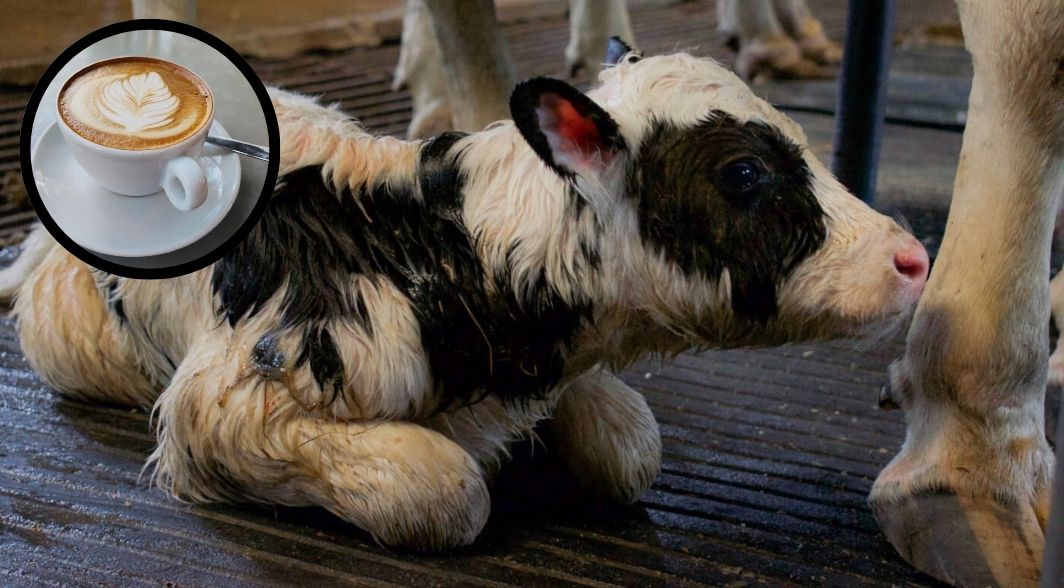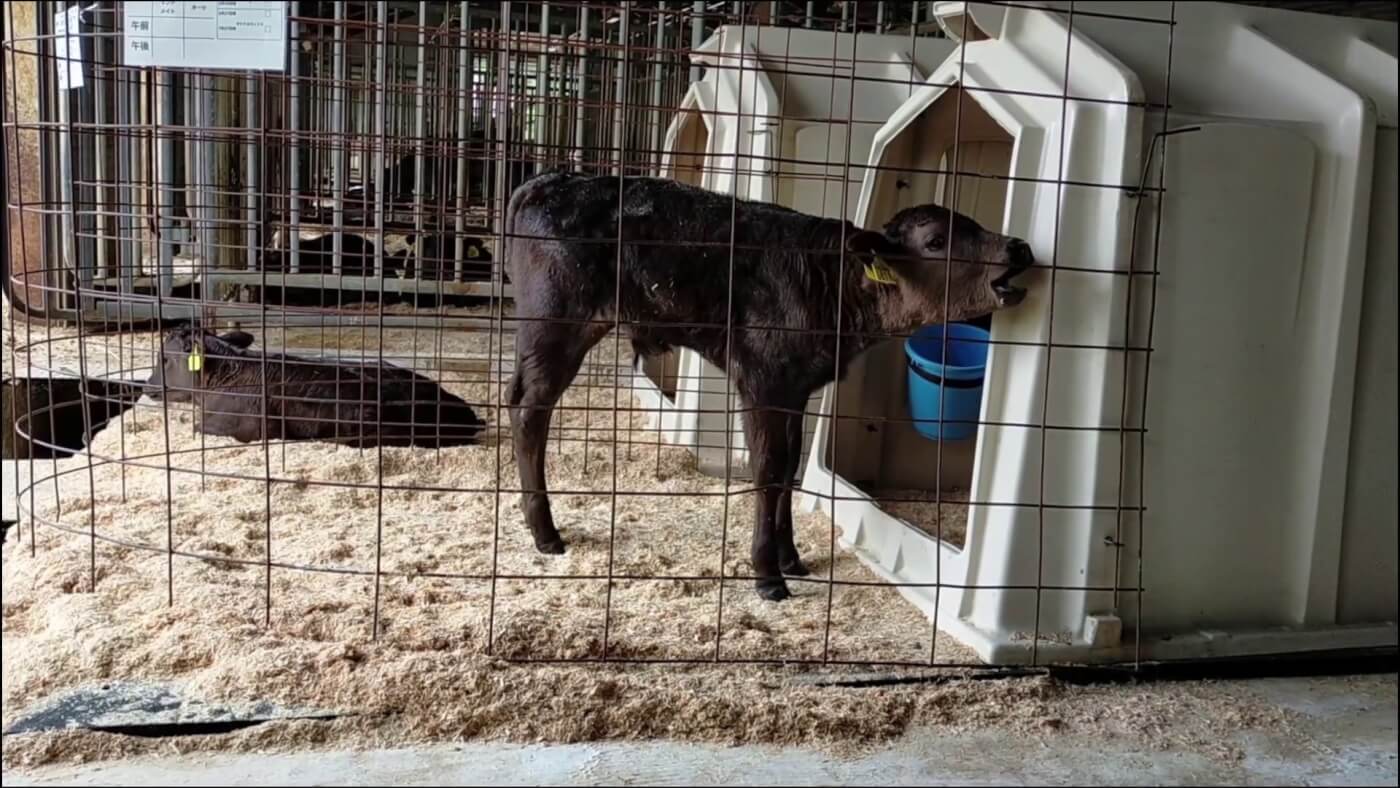UN INT Intro Text w/ Responsive Image - *Important Note* You must UNLINK this shared library component before making page-specific customizations.
Conscious coffee drinkers are increasingly choosing plant milk for animals and the environment. Yet Gail’s is falling behind industry standards by charging extra for vegan milk. You shouldn’t have to pay more to make animal-friendly, sustainable choices. If anything, cow’s milk should be more expensive to accurately reflect the true cost to animals and the planet!

Give the People What They Want
From oat flat whites to soya lattes, demand for plant milks is increasing and growing as people opt for the healthier, kinder, tastier, and more sustainable choice. It’s high time Gail’s listened to its caffeine-obsessed customers.
Cow’s Milk Is Cruelty
Treated as milk-producing machines, gentle cows on dairy farms are selectively bred to produce unnaturally high volumes of milk. Their calves are taken away from them within 24 hours, causing grief and anguish to both mother and calf. Mother cows often bellow and call out frantically for their young for several days afterwards.

Cows confined for milk may spend their entire lives standing on concrete floors. They are fed unnatural, high-protein diets – including dead chickens, pigs, and other animals – to make them produce a higher milk yield. A British cow today typically produces 4.5 times more milk than she would need to feed her calf. As a result, these cows frequently suffer from painful udder inflammation or mastitis, which leads to higher levels of pus and bacteria in their milk.
The strain of continual pregnancy exhausts cows and often leaves them lame. When they are worn out and can no longer produce such high volumes of milk, they are sent to the abattoir and killed.
Healthier, Better Choices
Humans who drink cow’s milk have an increased risk of developing heart disease, diabetes, cancer, and many other ailments.
In addition to being bad for our health, it’s also terrible for the planet’s health. Cow’s milk has a much higher environmental impact than plant milk. It emits around three times as much greenhouse gas, uses around 10 times as much land, and two to 20 times as much water.